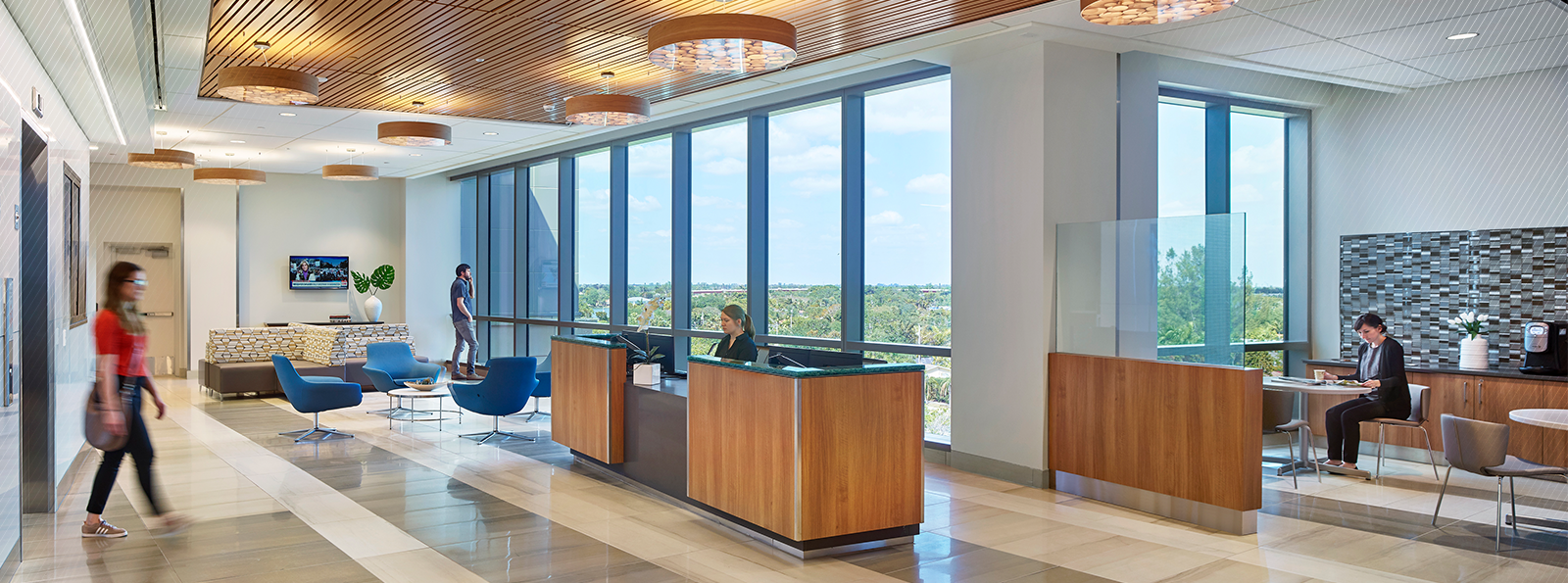
Welcome to our Knowledge Community
Subscribe to New Articles
Latest Tweets
Posts by Contributor
- Alec Higinbotham (4)
- Cheryl Woo (2)
- Craig Meaney (1)
- Dan Cadden (1)
- Darren Conlen (2)
- Elizabeth Schmitt (1)
- Fady Barmada (2)
- Guest Contributor (207)
- Hannah Berman (2)
- Herman Agoyo (1)
- James Britt (2)
- Jonathan Bykowski (14)
- Julia Savastinuk (1)
- Kent Doss (17)
- Laura Moran (13)
- Lisa Lipschutz (10)
- Mike Ryley (1)
- Nancy Erb (1)
- Nicole Wood (6)
- Noah Tolson (12)
- Pat Malick (15)
- Ron Evitts (2)
- Stephanie Story (4)
- Tim Nichols (3)
- Wendy Jaffe (1)
